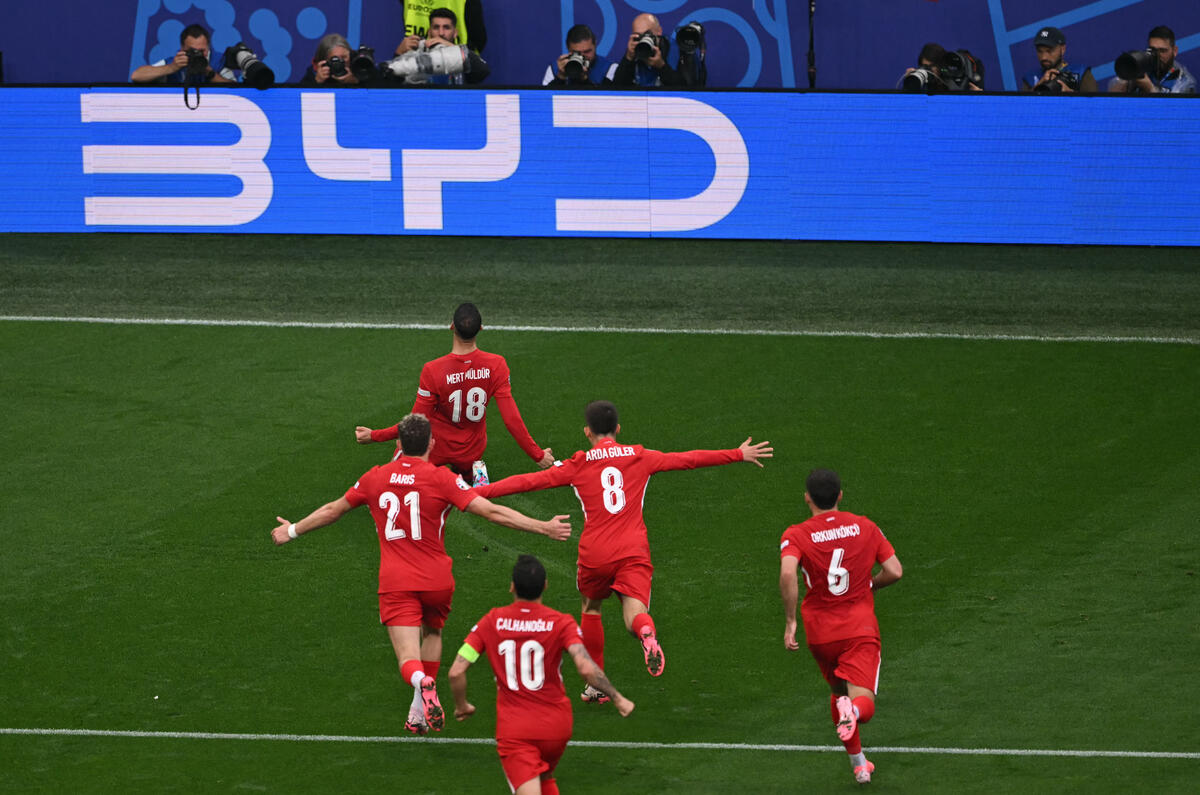If you’ve watched any of Euro 2024, it will have been impossible to miss the presence of BYD. The Chinese manufacturer has taken a prominent sponsorship of this major football tournament, its adverts and branding covering the 10 stadiums being used in Germany.
The cumulative audience of the Euros is in excess of five billion, according to tournament organiser UEFA, and BYD’s branding is given billing alongside the likes of Adidas and Coca-Cola and fellow Chinese companies Alipay and Hisense.




Add your comment